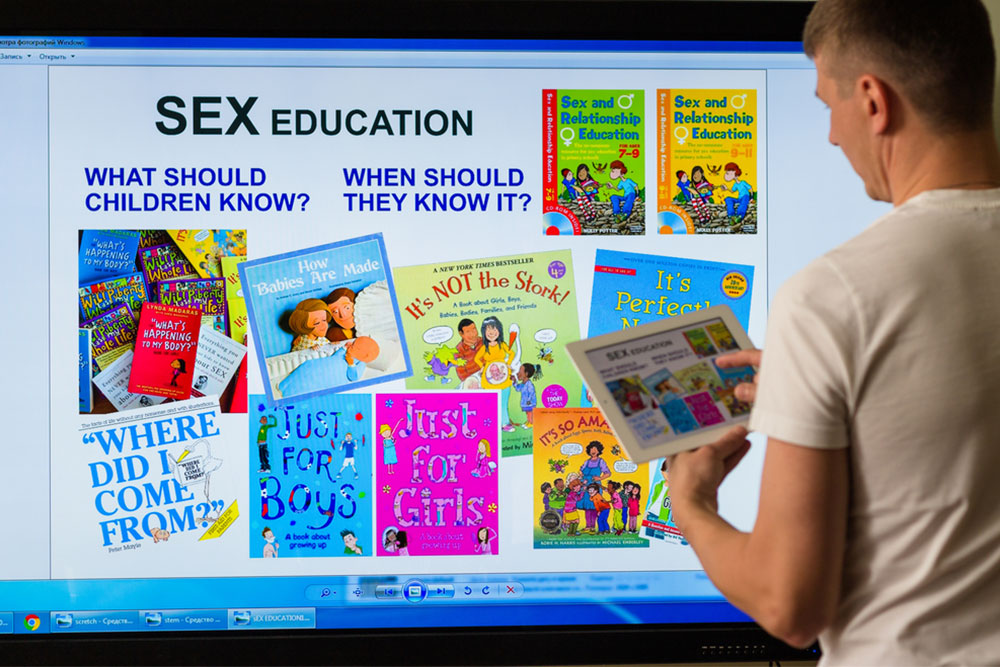Should my son call his genitals his Peepee? What should my daughter refer to hers as? Talking to your child about sex and gender is undoubtedly a daunting task, and is overwhelming given the ample information available on the subject. However, one common underlying factor that most parents will agree on is how much is too much, given the younger ages sex education is being endorsed as recommended learning. “I remember asking my mother what condoms were when I was younger,” says 33-year-old web developer Kapil Gohil*. “I had seen it on a television commercial and instead of answering my question, my mother just ignored it. Now that I have a two-year-old girl, I’d like to believe that I’d be open and honest with her, should she ever ask me an uncomfortable question.”
Of course, like Gohil, there are countless Indian parents who are left dumbfounded with regards to the subject of sex. Says Lekha Sengupta*, a freelance hair and makeup artist, “My daughter is almost four, and I’m stumped when it comes to discussing anything about gender with her. So far, I try and make it a point to show her educational videos designed for children, but I cannot bring myself to call her genitals by their technical names. Right now, I use cutesy names that she understands.”

However, Dr Mehezabin Dordi, clinical psychologist, Reliance Foundation Hospital, says, “It’s important to begin sex education for a child as early as age one. When talking to kids about sex, you want to be sure they comprehend what you are saying. It’s important to explain things in a way that your child can understand, given their age and level of development.”
Now while the material will evolve as your child grows, what will undoubtedly stay the same is the method of delivery. Dr Dordi has some expert tips to help you have the talk:
Learn as much as you can: How will you be able to explain something to your child if you’re not aware of what’s appropriate and what’s not? The fact remains, the more you update your knowledge, the less likely you’ll be to stumble or make mistakes. With the right facts, you will be able to explain things to your child directly, clearly, and in an age-appropriate manner.

Have learning aids: Make sure to keep get age-appropriate books, articles, and videos ready to use, should the need arise.
Practice your chat: What seems okay for you may not necessarily be the same for your child. So before you have the talk, make sure to run the subject matter past your partner, or even a friend, to see if you can find age-appropriate alternatives to words or phrases. Your main aim is to try and make your child feel as comfortable as possible.
Make it a regular topic of discussion: Sex education is an ongoing process so make sure you indulge in smaller, frequent conversations. It can help ease your child in, and is far better than a longer, possibly more awkward one-off big talk.

Plan ahead: You don’t want to wait for your child to ask you those awkward questions. Besides, kids tend to say the darndest things at the most inopportune times. The longer you wait to have the talk, there’s a good chance that your child might think you unapproachable and learn from inappropriate sources (like the internet and pornography).
Keep your tone casual and friendly: Think of it as a conversation, not a lecture. When you approach an uncomfortable conversation in a calm, and encouraging manner, your child will be more receptive, and more likely to engage in a discussion. Don’t hesitate to open the floor for questions. You’ll get a sense of how much your child is comprehending.
Remember, the sooner you get comfortable with the idea of discussing sex with your children, the smoother each conversation at regular intervals will go.